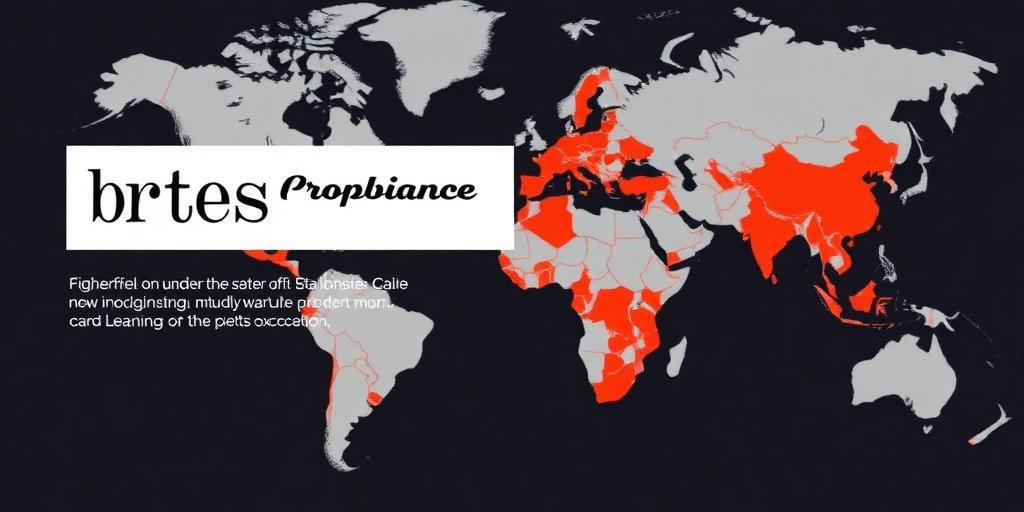Border claims are often more than just lines on a map; they represent complex geopolitical strategies aimed at securing resources, expanding influence, and asserting national identity. Understanding these strategies requires a deep dive into history, international relations, and power dynamics.
Historical Context Many border disputes have roots in historical events such as wars, treaties, and colonial legacies. For instance, the ongoing disputes in the South China Sea can be traced back to historical claims and interpretations of maritime rights. Examining these historical contexts provides crucial insights into the motivations and justifications used by different nations.
Resource Control One of the primary drivers behind border claims is the desire to control valuable natural resources. Areas rich in oil, gas, minerals, or water often become focal points of contention. The Arctic region, with its vast reserves of oil and gas, exemplifies this dynamic, as multiple countries vie for territorial control to exploit these resources.
Strategic Positioning Border claims are also used to enhance a nation's strategic positioning. Control over key geographical locations, such as straits, mountain passes, or islands, can provide significant military and economic advantages. For example, the control of strategic waterways like the Strait of Hormuz is vital for maintaining influence over global oil supply routes.
Nationalism and Identity Border disputes frequently tap into nationalist sentiments and serve as a means to assert national identity. Governments may use border claims to rally public support and reinforce a sense of national unity. This is evident in regions where cultural or ethnic groups are divided by borders, leading to irredentist movements and territorial demands.
International Law and Diplomacy While geopolitical strategies drive border claims, international law and diplomacy play a crucial role in managing and resolving these disputes. The United Nations and other international organizations provide frameworks for negotiation, mediation, and arbitration. However, the effectiveness of these mechanisms often depends on the willingness of the involved parties to abide by international norms and rulings.
Case Studies Examining specific case studies can further illuminate the geopolitical strategies behind border claims:
- The South China Sea: China's extensive claims in the South China Sea are driven by a combination of historical narratives, resource control, and strategic positioning. The area is rich in natural resources and vital shipping lanes, making it a key geopolitical hotspot.
- The Kashmir Region: The dispute between India and Pakistan over Kashmir is rooted in historical events, national identity, and strategic considerations. The region's strategic location and water resources add to the complexity of the conflict.
- The Arctic Region: As climate change makes the Arctic more accessible, countries like Russia, Canada, and the United States are intensifying their efforts to assert territorial claims, driven by the region's vast untapped resources.
Conclusion Border claims are complex geopolitical phenomena shaped by historical factors, resource considerations, strategic positioning, and national identity. Understanding these underlying strategies is essential for navigating the intricate landscape of international relations and working towards peaceful resolutions of territorial disputes.









